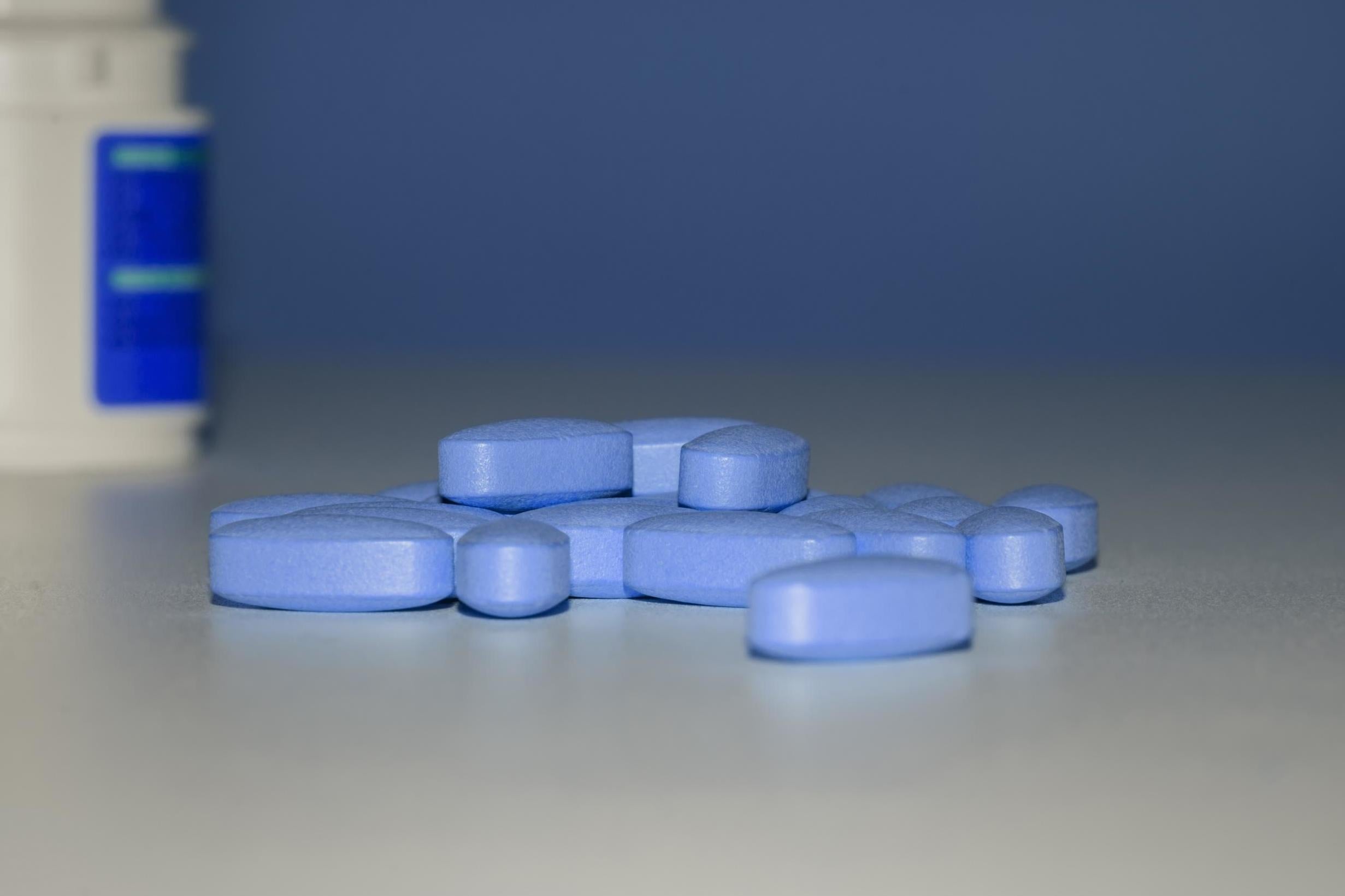11 babies die after impotence drug trial on pregnant women
Scheme terminated early after 17 infants developed ultimately fatal lung issues

A drug trial that saw pregnant women given sildenafil has been halted after 11 babies died of complications linked to the drug.
As part of the scheme led by Amsterdam University Medical Centre, pregnant women whose placentas were underdeveloped in the womb and had a high likelihood of giving birth prematurely took sildenafil.
Sildenafil is a treatment for erectile dysfunction in men that dilates blood vessels. The drug is also prescribed to treat high blood pressure.
The hope was that sildenafil would encourage blood flow to the placenta, subsequently promoting increased growth of the child - as backed by experimental research conducted on lab rats.
However, the trial, carried out across 10 hospitals in the Netherlands, was terminated when an independent committee discovered that more babies were dying after birth as a result of lung problems compared to the babies born to women taking the placebo.
According to Marc van den Broek, a spokesperson for Amsterdam UMC who spoke to The Independent, all of the women who participated in the study had a “very low birthrate” and the children would be in intensive care after they were born.
Of the 93 women given sildenafil as part of the trial, 17 babies developed lung problems, 11 of which have since died. A further eight died from unrelated conditions.
In comparison, of the 90 women in a control group who took the placebo, just three babies developed the same lung issues. No babies died from conditions that were linked to the sildenafil, however, nine did die from unrelated problems.
A further 10 to 15 women are still waiting for results on their children’s health following the trial.
Although the results of the terminated trial have not been confirmed, it is believed that drug caused high blood pressure in the lungs resulting in too little oxygen in the babies who died.
Van den Broek said the babies developed “severe lung problems” and that the results of the study were released after the women were informed.
A statement released by the hospital said: “An interim analysis by Amsterdam UMC, location AMC, showed that sildenafil may be detrimental to the baby after birth. The chance of a disease of the blood vessels of the lungs appears to be greater and the chance of death after birth seems to have increased.
“The researchers found no positive effect for the children on other outcomes. All adverse effects occurred after birth … Based on these findings, the study stopped immediately. All participants were approached personally and almost everyone was informed and know by now whether they have taken the drug or the placebo.”
Similar studies on the effects of sildenafil on pregnant women have been conducted in the UK by the University of Liverpool and New Zealand by the University of Auckland but the results of these studies were inconclusive.
A study currently being conducted in Canada has also been halted following the 11 deaths.
Before the drug trial, some doctors prescribed sildenafil to pregnant women who asked for it as a measure to save their unborn children, according to van den Broek.
Speaking to the Dutch newspaper De Volkskrant, gynaecologist and the lead researcher of the drug trial Wessel Ganzevoort said: “It was buzzing at conferences. Foreign colleagues let slip that they sometimes prescribed it, with good results.”
Of the request for sildenafil from women carrying underdeveloped foetuses, Mr van den Broek said: “They are happy with anything that might help.
“The study helps despite the very sad outcome because it helps to prevent more babies from dying while women are pregnant.”
Although it is believed the trial, which began in 2015 and was meant to conclude in 2020, was conducted properly, it is expected that an external investigation will be launched.
Join our commenting forum
Join thought-provoking conversations, follow other Independent readers and see their replies
Comments
Bookmark popover
Removed from bookmarks